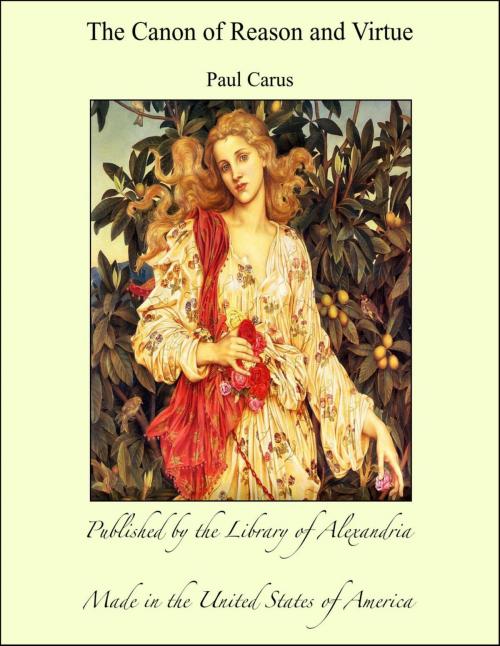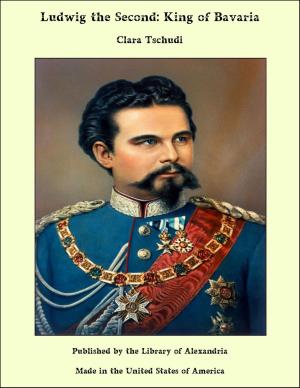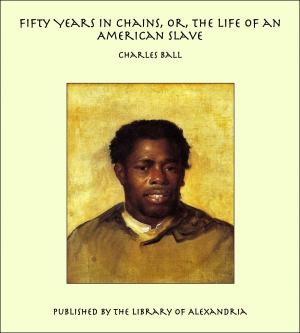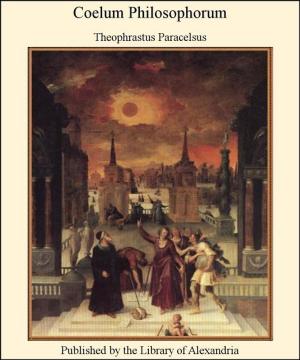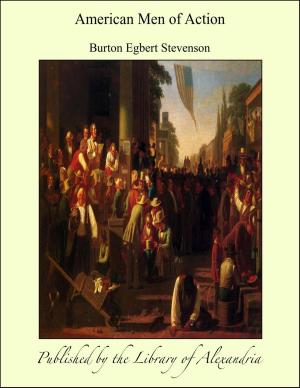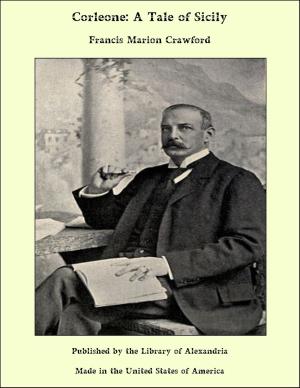The Canon of Reason and Virtue
Nonfiction, Religion & Spirituality, New Age, History, Fiction & Literature| Author: | Paul Carus | ISBN: | 9781465577153 |
| Publisher: | Library of Alexandria | Publication: | March 8, 2015 |
| Imprint: | Language: | English |
| Author: | Paul Carus |
| ISBN: | 9781465577153 |
| Publisher: | Library of Alexandria |
| Publication: | March 8, 2015 |
| Imprint: | |
| Language: | English |
This booklet, The Canon of Reason and Virtue, is an extract from the author's larger work, Lao-Tze's Tao Teh King, and has been published for the purpose of making our reading public more familiar with that grand and imposing figure Li Er, who was honored with the posthumous title Poh-Yang, i. e., Prince Positive (representing the male or strong principle); but whom his countrymen simply call Lao-tze, the Old Philosopher. Sze-Ma Ch‘ien, the Herodotus of China, who lived about 136-85 B. C., has left a short sketch of Lao-tze's life in his Shi Ki (Historical Records) which is here prefixed as the most ancient and only well-attested account to be had of the Old Philosopher. Born in 604 B. C., Lao-tze was by about half a century the senior of Confucius. He must have attained great fame during his life, for Confucius is reported to have sought an interview with him. But the two greatest sages of China did not understand each other, and they parted mutually disappointed. Confucius's visit to Lao-tze has been doubted. If it is not historical it certainly is ben trovato, for the contrast between these two leaders of Chinese thought remains to the present day. The disciples of Confucius, the so-called "literati," are tinged with their master's agnosticism and insist on the rules of propriety as the best methods of education, while the Tao Sze, the believers in the Tao, or divine Reason, are given to philosophical speculation and religious mysticism. The two schools are still divided, and have never effected a conciliation of their differences that might be attained on a common higher ground.
This booklet, The Canon of Reason and Virtue, is an extract from the author's larger work, Lao-Tze's Tao Teh King, and has been published for the purpose of making our reading public more familiar with that grand and imposing figure Li Er, who was honored with the posthumous title Poh-Yang, i. e., Prince Positive (representing the male or strong principle); but whom his countrymen simply call Lao-tze, the Old Philosopher. Sze-Ma Ch‘ien, the Herodotus of China, who lived about 136-85 B. C., has left a short sketch of Lao-tze's life in his Shi Ki (Historical Records) which is here prefixed as the most ancient and only well-attested account to be had of the Old Philosopher. Born in 604 B. C., Lao-tze was by about half a century the senior of Confucius. He must have attained great fame during his life, for Confucius is reported to have sought an interview with him. But the two greatest sages of China did not understand each other, and they parted mutually disappointed. Confucius's visit to Lao-tze has been doubted. If it is not historical it certainly is ben trovato, for the contrast between these two leaders of Chinese thought remains to the present day. The disciples of Confucius, the so-called "literati," are tinged with their master's agnosticism and insist on the rules of propriety as the best methods of education, while the Tao Sze, the believers in the Tao, or divine Reason, are given to philosophical speculation and religious mysticism. The two schools are still divided, and have never effected a conciliation of their differences that might be attained on a common higher ground.
